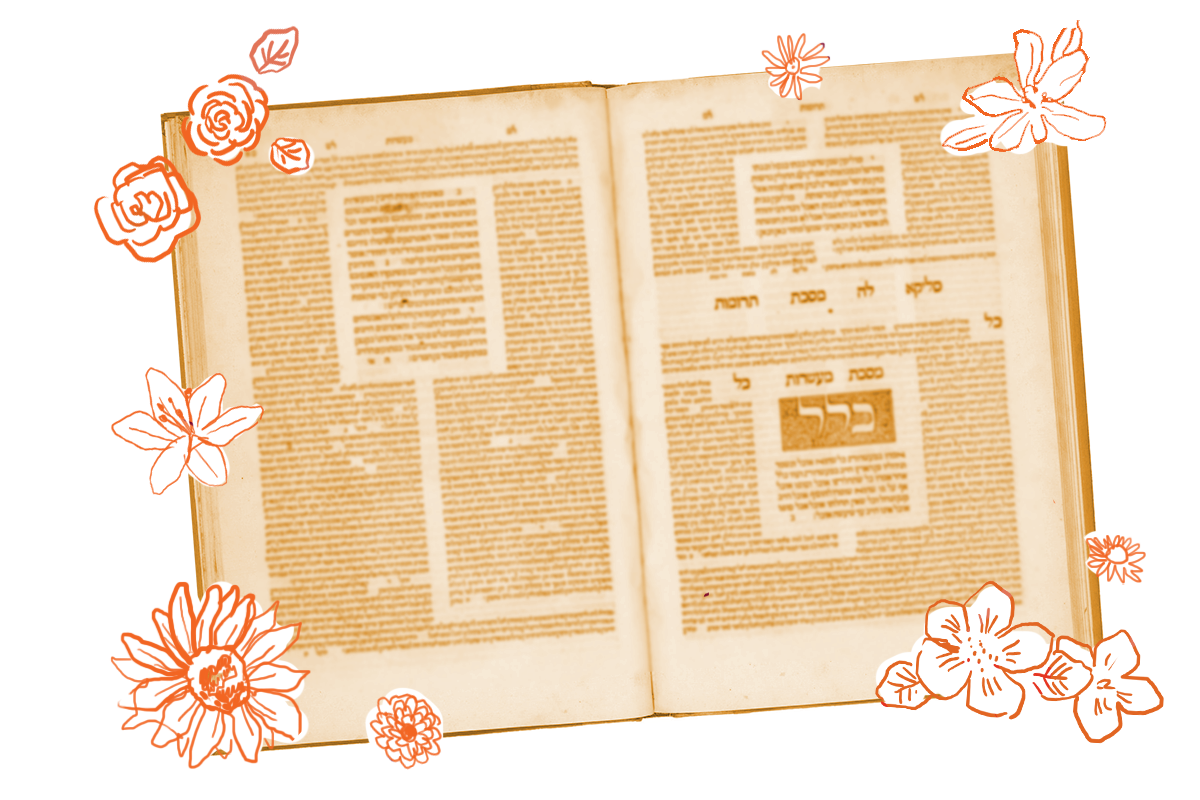After several days considering the high priest’s preparations for the Yom Kippur service, the Gemara now turns to a specific component of that preparation: the requirement that the high priest remain awake all night prior to conducting the Yom Kippur service.
As we learned earlier, the high priest cannot perform his duties if he is ritually impure. This can happen for a number of reasons, including seminal emission, which is why the high priest is separated from his wife for a week prior to Yom Kippur, and why he is kept awake all night in case he has the kind of dream that might disqualify him from performing the service.
So how does the high priest stay awake with no caffeine (he’s fasting) and after days of nonstop preparation?
The mishnah states:

Help us keep Jewish knowledge accessible to millions of people around the world.
Your donation to My Jewish Learning fuels endless journeys of Jewish discovery. With your help, My Jewish Learning can continue to provide nonstop opportunities for learning, connection and growth.
If the high priest sought to sleep at night, the young priests would snap the middle finger against the thumb before him, and they would say to him every so often: my master, high priest. Stand from your bed and chill yourself once on the floor and overcome your drowsiness. And they would engage him in various ways until the time would arrive to slaughter the daily offering.
The mishnah relates several techniques to keep the priest awake. One is to snap one’s fingers. (The rabbis go on to consider why the thumb and middle finger make the best snapping sound; if you don’t believe them, try snapping with your index finger.) Another is to have the high priest pace barefoot on a cool floor (anyone who’s encountered freezing tile on a nighttime visit to the commode can attest to the success of this method). Yet another is to keep him occupied.
The Gemara elaborates on the exact kind of engagement the young priests would use:
And they would engage him in different ways until the time to slaughter the daily offering would arrive. It was taught: They would not occupy him with a harp or a lyre, which may not be played on a Festival, but would sing with their mouths. And what would they say? They would say this verse: “Unless the Lord builds the house, its builders labor in vain on it; unless the Lord watches over the city, the watchman keeps vigil in vain” (Psalms 127:1).
The young priests remind the high priest why he is staying awake by singing Psalm 127, which describes the building of the Temple by King Solomon. The message to the high priest is that his service must be performed for the sake of heaven for it to be accepted by God, otherwise his efforts would be in vain.
Finally, we are told of one last strategy:
The Gemara relates that the prominent men of Jerusalem would not sleep the entire night but instead engaged in Torah study, so that the high priest would hear the sound of noise in the city and sleep would not overcome him in the silence of the sleeping city.
The Gemara goes on to say that even in the outlying provinces, some would remain awake all night, but that the practice was ill-advised since men and women would stay awake by playing games that would lead to sin, bringing us full circle to the start of this passage and the reason why the high priest was kept from sleeping in the first place.
Today, some have the custom to stay in synagogue and recite Psalms on the evening of Yom Kippur. But forcing oneself to stay awake is not one of the five afflictions commanded by the Torah (those are: refraining from eating and drinking, wearing leather shoes, having sexual relations, bathing, and anointing). We should sleep, in order to wake up refreshed and alert and ready for the challenging spiritual work of the day ahead, so that at the end of that day we can be confident we did all we could to repent and repair our relationships with each other and with God.
Read all of Yoma 19 on Sefaria.
This piece originally appeared in a My Jewish Learning Daf Yomi email newsletter sent on April 30th, 2021. If you are interested in receiving the newsletter, sign up here.



